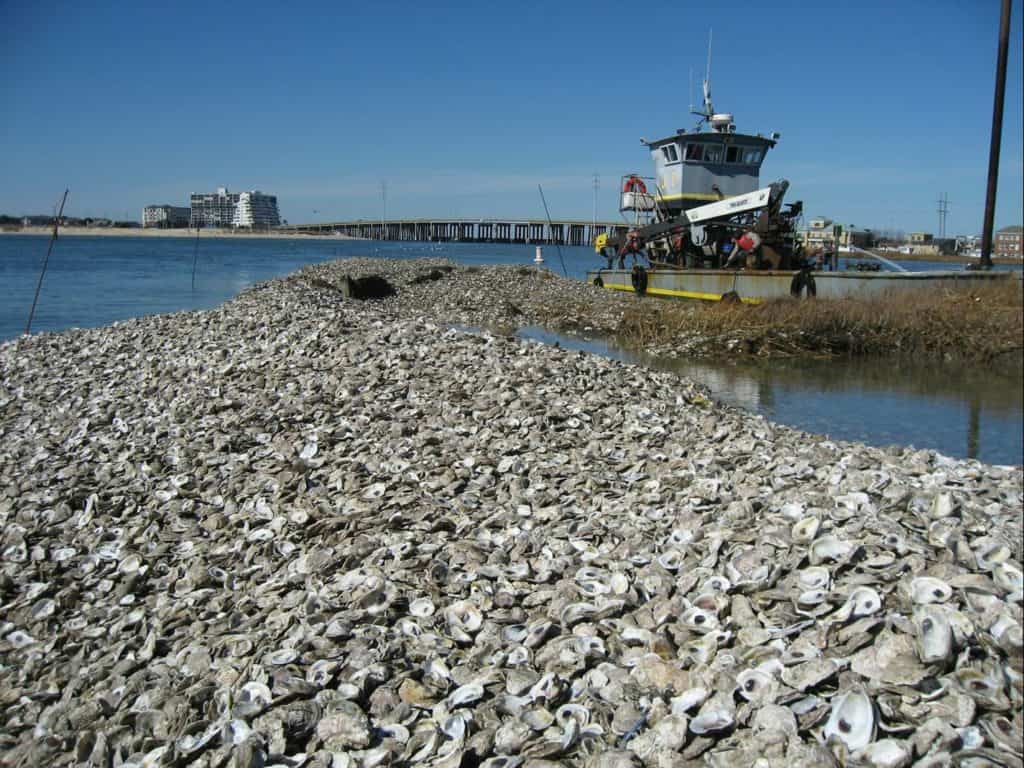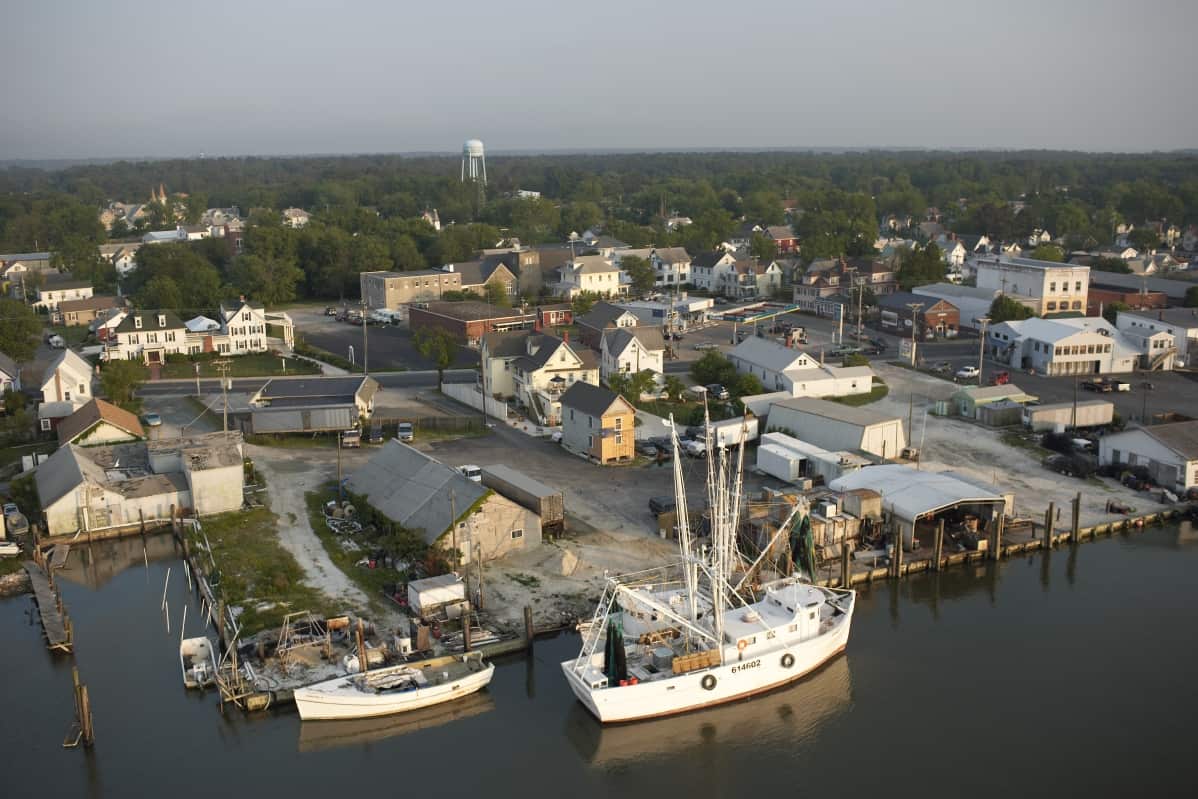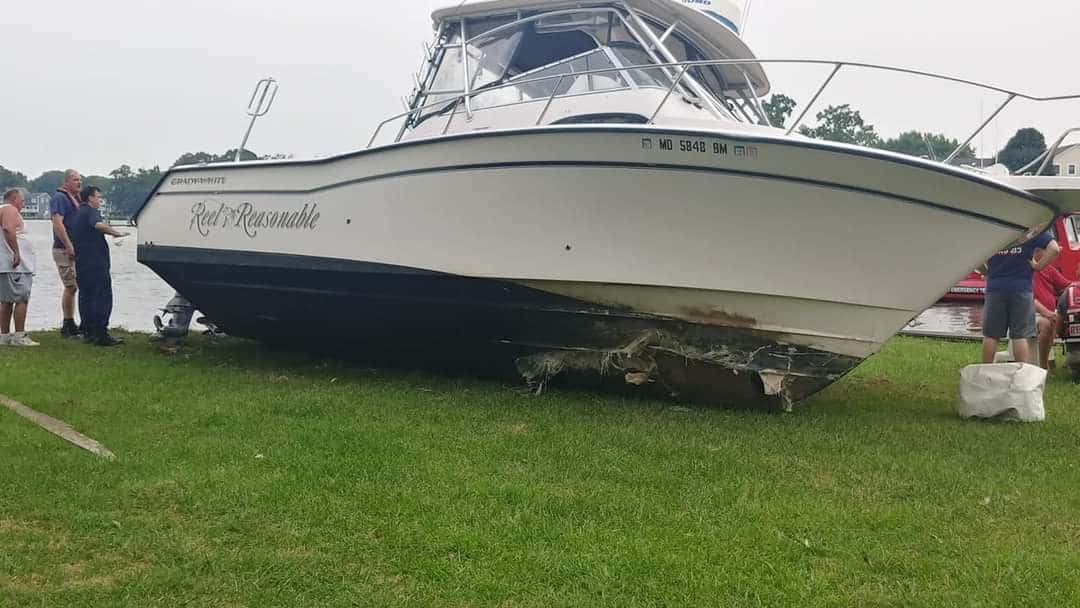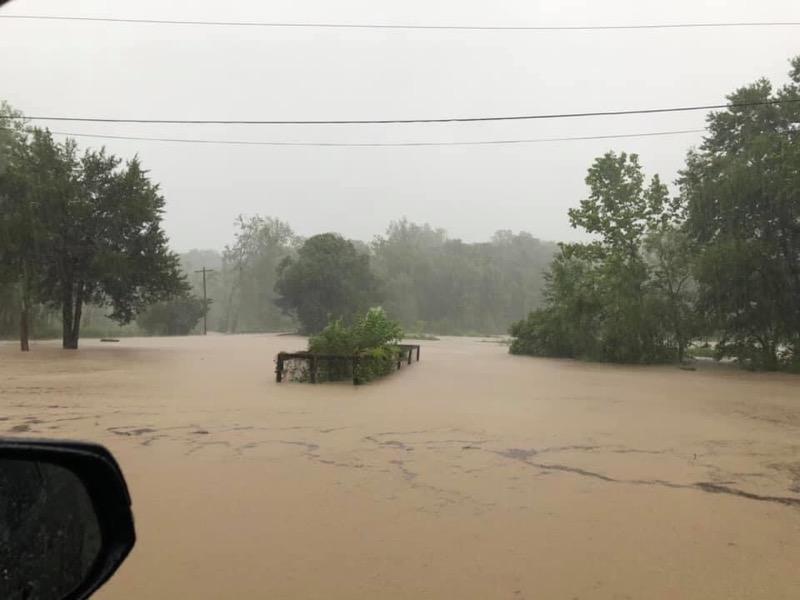At a new fishing tournament in Hampton Roads next month, it’s not the size of the fish, it’s the variety of species that counts.
The Rod and Reef Slam centers around the restored oyster reefs in the Lynnhaven and Lafayette Rivers– major success stories for oyster recovery and clean water efforts.
Oyster reefs, manmade or natural, are known to attract a diverse range of fish species, and are often favorite spots for anglers. The “Slam,” sponsored by the Chesapeake Bay Foundation (CBF), Virginia Beach Anglers Club, and Chesapeake Oyster Alliance, will seize upon that fish diversity when it’s held September 14 around the Lynnhaven and Lafayette Rivers.
“Successful oyster restoration efforts are bringing back oyster reefs that are perfect habitat for small fish, crabs, and shrimp. These in turn attract striped bass, red drum, black sea bass, speckled trout, and other game fish. That’s why oyster reefs are prized by anglers as great fishing spots,” said CBF Senior Regional Ecosystem Scientist Chris Moore.
Anglers will win prizes for the number of different species they catch, and only in the case of a tie will the size of the fish determine the winner.
Moore says that in addition to the “more commonly targeted” fish, anglers may see species like sea robins, lizard fish, puffer fish, and even oyster toads.
Competitors can fish by boat, kayak, or from shore. The tournament takes place on Saturday, Sept. 14, with lines in the water at 6:30 a.m. until “lines out” at 2:30 p.m. Anglers will photograph their catch and upload entries in real-time via the iAngler app. Careful catch and release is encouraged, but not mandatory.
The tournament ends with an after-party, including live music and an awards presentation, at the Brock Environmental Center in Virginia Beach. For more information on the tournament and to register, click here.
The Lynnhaven and Lafayette Rivers have see dozens of acres of oyster reefs restored in recent years. In 2018, the Lafayette was declared Virginia’s first tributary of the fully restored for oyster habitat. Read about the milestone in Bay Bulletin here.
-Meg Walburn Viviano




